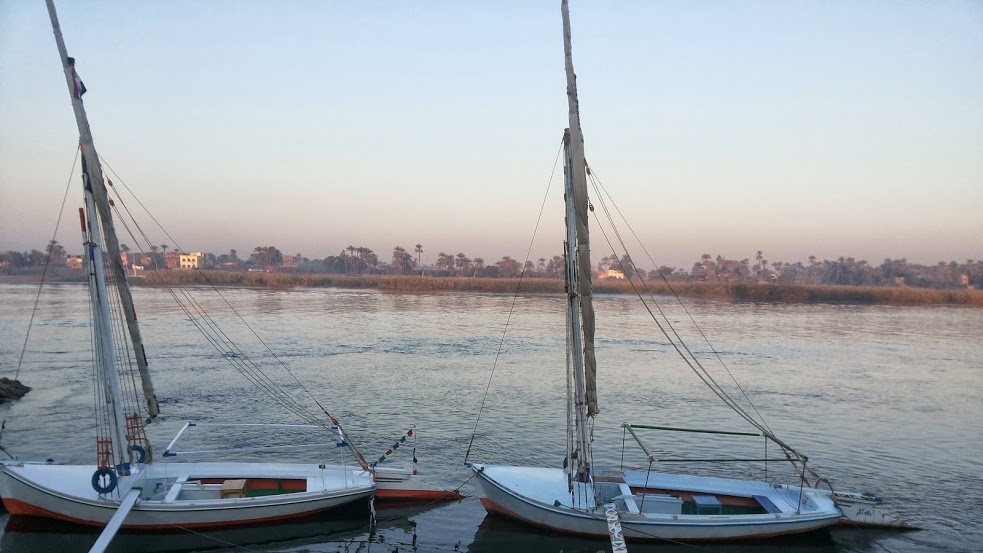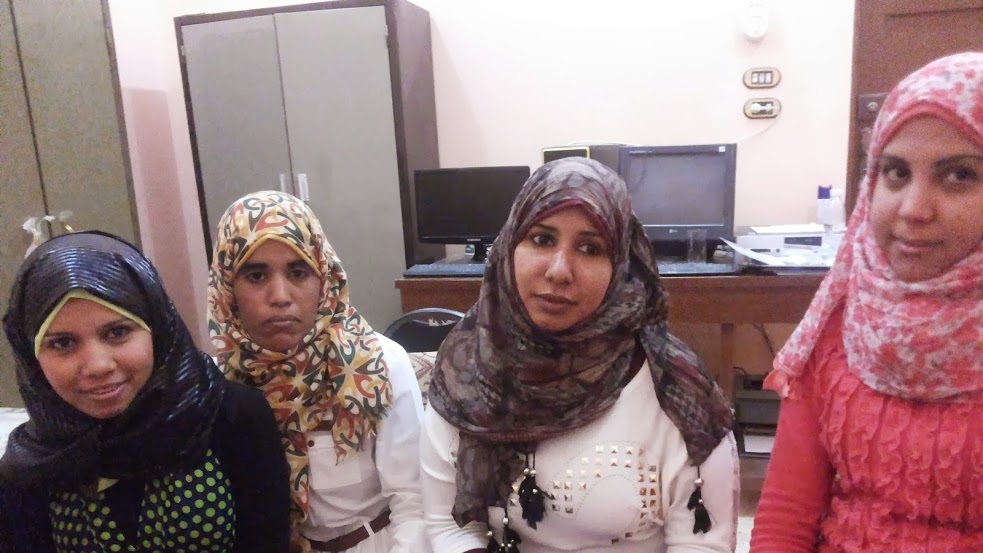Luxor lies on the banks of the River Nile, almost 700 km south of Cairo, a mere 70 minute plane ride. It is a city that embodies thousands of years of human history. The first things you pass on your way from the airport are the ancient temples of Luxor and Karnak. But after years of tourism flourishing in Upper Egypt, Luxor is facing recession. Boats rest their sails on the banks of the Nile, and horse-drawn carts line the roadsides, waiting for the tourists driven away by Egypt’s recent upheavals.
The population of the governorate of Luxor is about 1.5 million. Most employment is related to tourism, but the current fall in the number of tourists has pushed unemployment to unprecedented levels. Finding a job and securing a daily income have become a real challenge for most of Luxor’s citizens.
Men’s Envy
In one village in Tod district though, the situation is better for a group of young women working on a project run by the Abu Baker Society for Community Development. Young women talked about how happy they were getting the opportunity to work on maternity and child health initiatives for two years, something that will provide them income and experience, and reduce the economic burden of their households - a privilege many young men are now deprived of.
The girls are envied by the men.
“The project was a chance to get a job,” said Sara Sayed Ahmed, its secretary. “Young men envy us.” She said the community was accepting the women’s guidance on promoting better hygiene and health.


